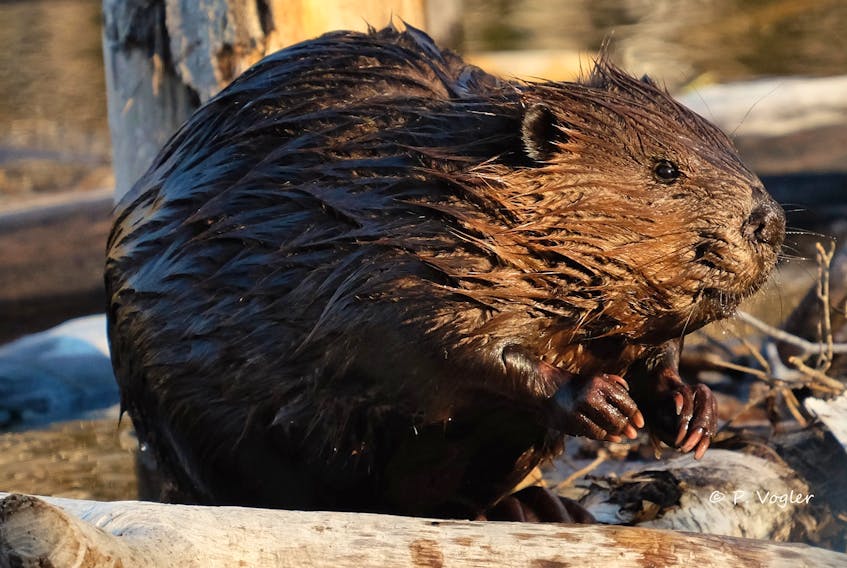ANNAPOLIS ROYAL, N.S. — Susan Woodland will never see the recent town-sanctioned culling of two beavers in Annapolis Royal as the only way forward.
She can only hope that more humane solutions will be sought if a similar situation arises in the future.
“Something like this could have been prevented,” the lifelong Annapolis Royal resident said. “That is so wrong.”
Woodland said she was “horrified” to learn that two beavers residing in the marsh area near the French Basin Trail were destroyed after the town started looking into a complaint of trees being damaged.
“There was no prevention done,” she said.
“We’ve had beavers in this pond for years. Why all of a sudden are we worried about the beavers right now?... That’s kind of throwing me.”
Mayor Amery Boyer said there were pressing concerns about the beavers potentially causing costly damages to the town’s integrated wastewater system.
“The beavers posed a threat to our tertiary wastewater system, that was really the biggest reason for the town doing what it did,” she said in brief phone interview.
“We have a very expensive plant there and it does rely on culverts and the dikes and a whole system. We have two holding ponds, and the marshland serves as the finishing pond.”
Boyer said there were a number of concerns about the potential for burrowing or damming activity that could result in significant damage within the wastewater system.
“It appeared on inspection that some burrowing had happened into one of the dikes, so that was a big concern,” the mayor said.
They did consider the possibility of relocating the beavers, Boyer said.
“All of that was explored and we were advised that you just can’t move them.”

The town consulted with the Department of Lands and Forestry, representatives of the Clean Annapolis River Project (CARP) and its public works department prior to making a decision.
At a Jan. 7 committee of the whole meeting, council approved the hiring of a nuisance wildlife operator to remove the beavers.
“Relocation was not advised as this process is not recommended for many reasons,” said a written statement shared with the public to explain the decision.
“Most often the relocated animal does not survive, and is put through considerable stress and often suffers a prolonged death.”
Boyer said town officials have received mixed feedback about the removal of the beavers.
“You want to find a good solution that works for the most people,” she said.
The town has referred the matter to its environment advisory committee.
“There’s always something to be learned from anything that you do,” said Boyer.
Woodland reached out to Hope for Wildlife in Seaforth to ask the Nova Scotia-based rescue organization how the beavers could have potentially been spared.
She said she was advised that a successful relocation would be more likely in the spring rather than the winter. She was also told that wrapping tree trunks is one way to potentially address the concerns related to beavers gnawing at the trees.
Woodland, a nature photographer, would like to see the town investigate the possibility of putting humane preventative measures in place that will reduce the risk of burrowing creatures, such as muskrats and beavers, harming the wastewater facility.
She’d like to see more wildlife organizations, including experts at the nearby Kejimkujik National Park, contacted if beavers return to the French Basin Trail area in the future.
“You can’t just keep killing animals… they have a right to live there,” she said.
“We have a marsh here. That’s a home for animals.”









